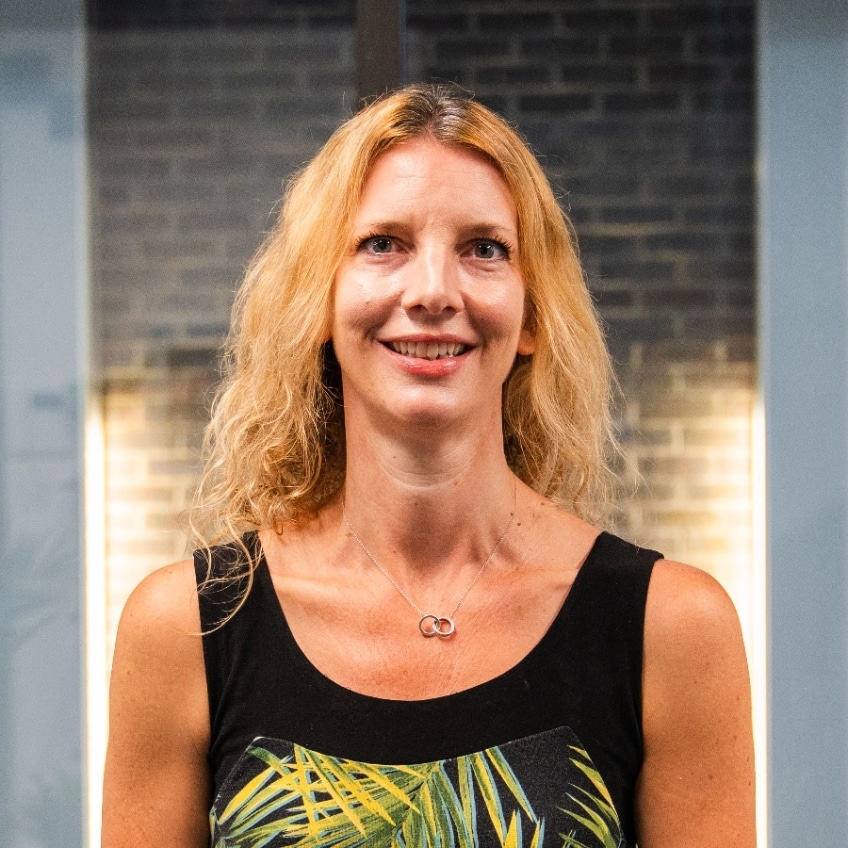
The AI Dilemma
1 February 2024 | 5 min read
Author: Rob Quinn, CEO of BAND
I’ll admit it, I’m conflicted. One minute, I think AI will be great for us all by boosting the Three Ps: productivity, performance, and profit. Next, I’m reading the Bletchley Declaration, which says AI “has the potential to do serious, even catastrophic, harm.”
One thing I know for sure is that this technology’s relentless march forward cannot be ignored, especially in the creative sector. So, from a professional perspective, my belief is clear: we must embrace AI but do so with eyes wide open to both its benefits and potential pitfalls.
Let’s look at the positives first, using a recent report commissioned by the British Film Institute as our guide.
Decoding the ‘Skills Scoping Study’
2023’s “Skills Scoping Study for the UK’s Digital Content Production Sectors” by international screen sector consultancy Olsberg SPI provides a comprehensive look at AI’s role in shaping our screen-based creative landscape. This report is pivotal in understanding how AI is reshaping animation, post-production, video games, VFX and emerging tech.
The Bright Side of AI
The report paints a somewhat optimistic picture. It highlights AI’s role in “improving the efficiency of production, including undertaking specific research tasks as well as creating new visual content.” From Disney’s Deep Canvas technology that revolutionises 3D animation to AI’s application in creating more engaging and realistic non-playable characters in video games, AI is proving to be a force multiplier in creativity and innovation.
“In the medium to long term, the likely impact [of AI] will be on the skill sets required by ‘the artist / creative’ in the digital content production process,” the report states, indicating a transformative shift in how creative work is conceptualised and executed.
Concerns in the Creative Sector
However, this technological boon is not without its issues. The report acknowledges, “AI is introducing new challenges for Equality, Diversity, and Inclusion (EDI) objectives.” There’s a valid concern that AI’s rapid advancement and automation of entry-level tasks might reduce learning opportunities for newcomers, thus affecting the sector’s inclusivity and impeding traditional career progression paths.
“The uncertainty [in the creative sector] is a consequence of multiple factors, chiefly the rapid technical advances in applied AI technology,” the report notes, emphasising the need for continuous adaptation and learning.
AI in Action: Real-world Examples
The report provides compelling examples of AI’s positive impact. In animation, AI’s role in generating realistic environments is already changing the game. In post-production, AI-led automation tasks like colour grading and noise reduction are setting new standards. Video games are leveraging AI for improved gameplay experiences, and in emerging tech, AI’s data analysis is creating more immersive and personalised experiences.
“AI is being used to automate certain tasks… and to create more realistic non-playable characters (NPCs) to improve the gameplay experience,” the report elaborates, showcasing AI’s ability to enhance both the creative process and the end-user experience.
The Path Forward with AI
In conclusion, AI in the creative sector is akin to a mighty but double-edged sword. As we harness AI’s potential for boosting productivity, performance and profit, it’s crucial that we remain vigilant of its challenges. The report’s findings urge us to adopt a balanced approach: leveraging AI’s capabilities for innovation while conscientiously addressing the skill shifts and equality, diversity and inclusion challenges it brings.
AI’s journey in our sector is not just about technological advancement; it’s about reshaping the fabric of creativity while nurturing the human element at its core. As we step into this new era, let’s embrace AI with a blend of excitement and prudence, always aiming to create a future where technology and creativity coexist in harmony.
Let’s Talk
Tel: 020 8138 5560
Email: hello@weareband.co.uk
111 Charterhouse Street,
London, EC1M 6AW

